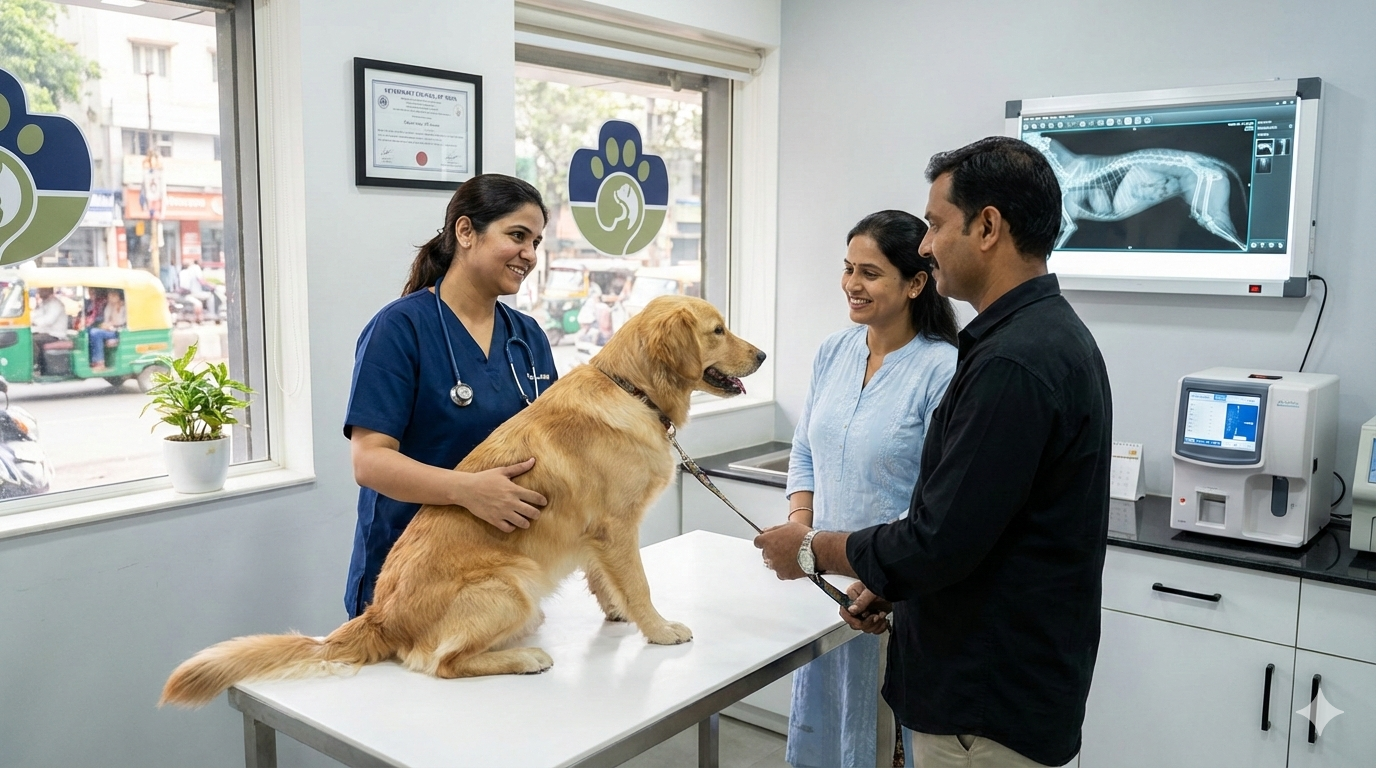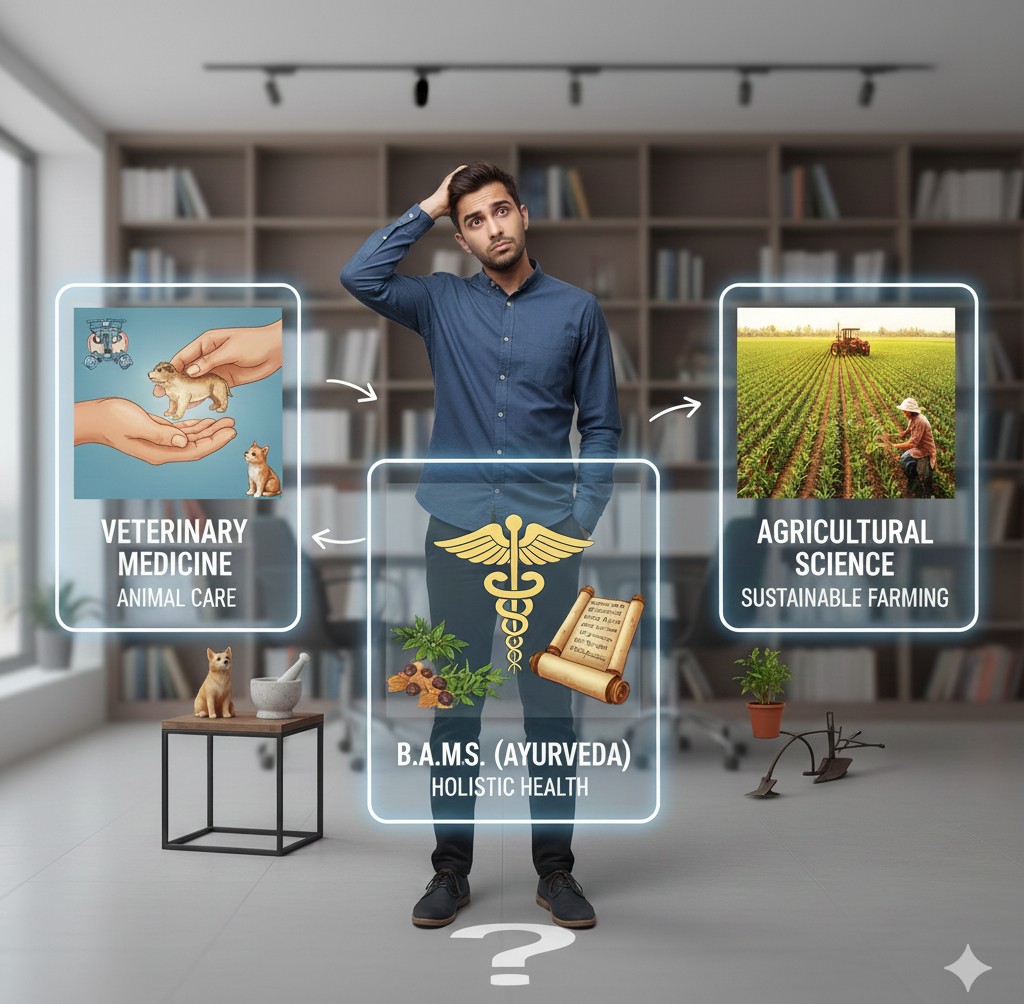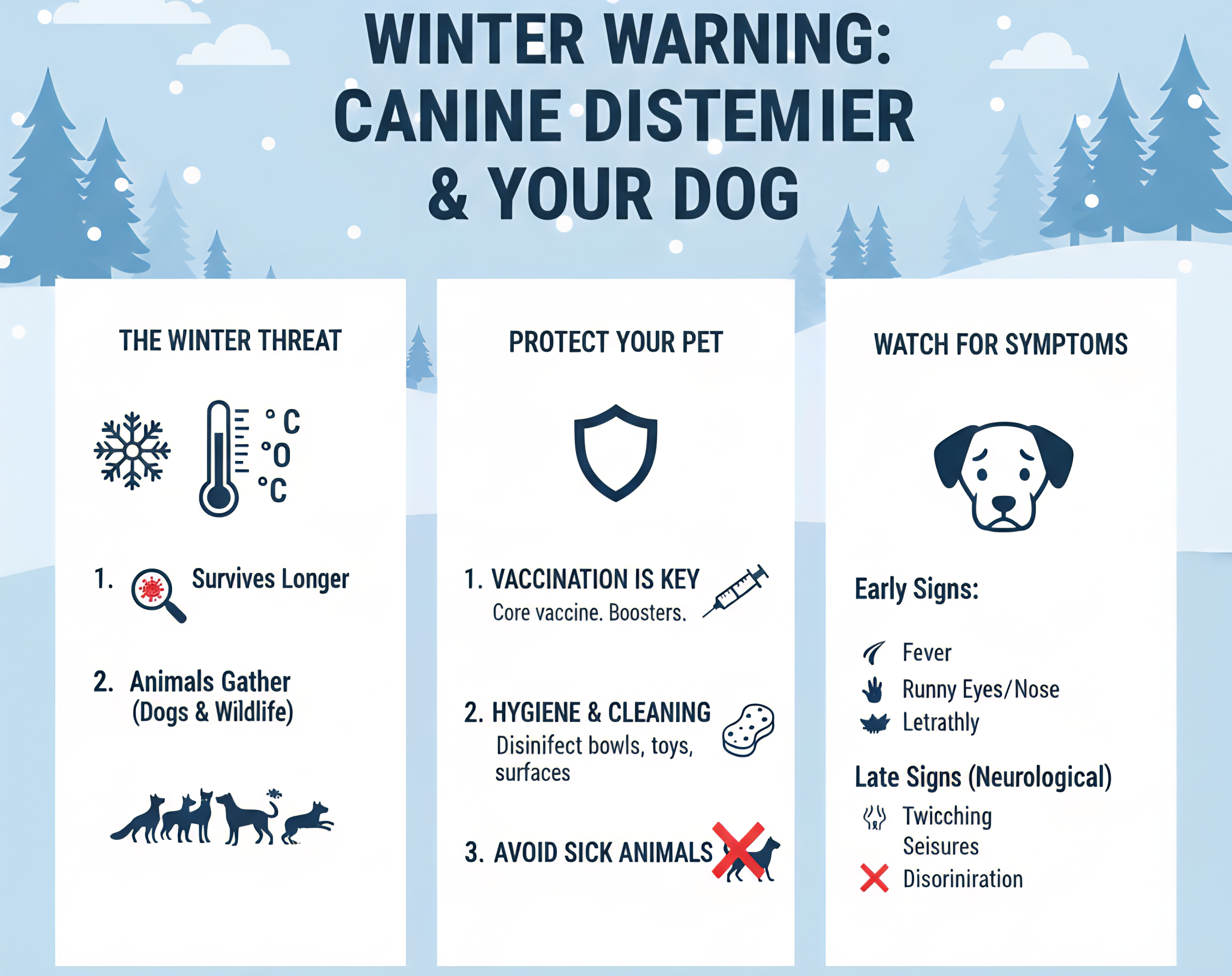Embarking on the journey to become a veterinarian is a path filled with passion, dedication, and a thirst for knowledge. In the pursuit of this noble profession, aspiring veterinarians often find themselves at the crossroads of academic learning and practical experience. Striking the right balance between these two elements is crucial for producing well-rounded and competent professionals. To achieve this, IIVER harmonizes academic rigor with hands-on training.
The Foundation: Strong Academic Curriculum
Our college lays the groundwork for future veterinarians through a comprehensive academic curriculum. Courses in anatomy, physiology, pathology, pharmacology, and other foundational sciences provide students with a solid understanding of the theoretical aspects of veterinary medicine. These form the building blocks upon which practical skills are developed.

1. Theoretical Knowledge
· In-depth study of veterinary sciences fosters critical thinking and problem-solving skills.
· Classroom lectures, laboratories, and tutorials create a strong academic foundation.
2. Integration of Basic Sciences
· Veterinary programs emphasize the interconnectedness of basic sciences, showcasing their relevance to clinical practice.
· Integrated curriculums help students see the bigger picture, prepares them for the complexities of field-level cases.

The Bridge to Practical Proficiency
While theoretical knowledge is indispensable, its true value is realized when applied in real-world scenarios. IIVER recognizes the need for practical experience to complement academic learning.
1. Clinical Training
· Hands-on clinical training allows students to apply theoretical knowledge in a controlled environment.
· Exposure to real cases under the guidance of experienced clinicians enhances decision-making and diagnostic skills.
2. Externships and Rotations
· IIVER facilitates externships and rotations in various settings, from poultry farms to zoos, providing exposure to diverse cases and bridging the gap between theory and practice.
3. Simulation and Skills Labs
· Simulated scenarios and skills labs offer a safe space for students to acquire technical skills, such as surgery and diagnostic procedures.
· Practice in controlled environments builds confidence before students encounter live cases.
Strategies for Balancing Academics and Practical Experience
1. Integrated Courses
· IIVER designs courses that seamlessly blend theoretical concepts with practical applications, reinforcing the relationship between the two.
2. Progressive Learning
· A progressive curriculum ensures students gradually transition from foundational knowledge to advanced clinical skills over the years.
3. Mentorship Programs
· Establishing mentorship programs connects students with experienced veterinarians who guide them in both academic and practical aspects of the profession.
4. Continual Assessment
· Regular assessments, including practical exams ensure students' understanding of theoretical concepts and their ability to apply knowledge in practical settings.
Summary
In the realm of veterinary education, the synthesis of academic excellence and practical proficiency is paramount. IIVER plays a pivotal role in cultivating well-rounded professionals by offering a curriculum that seamlessly integrates theoretical knowledge with hands-on experience. As aspiring veterinarians tread this path, they emerge not only with a strong academic foundation but also with the practical skills and confidence needed to address the diverse challenges of veterinary practice. The delicate balance between academia and practicality is not just a pursuit in education; it is a preparation for a fulfilling and impactful career in veterinary medicine.








